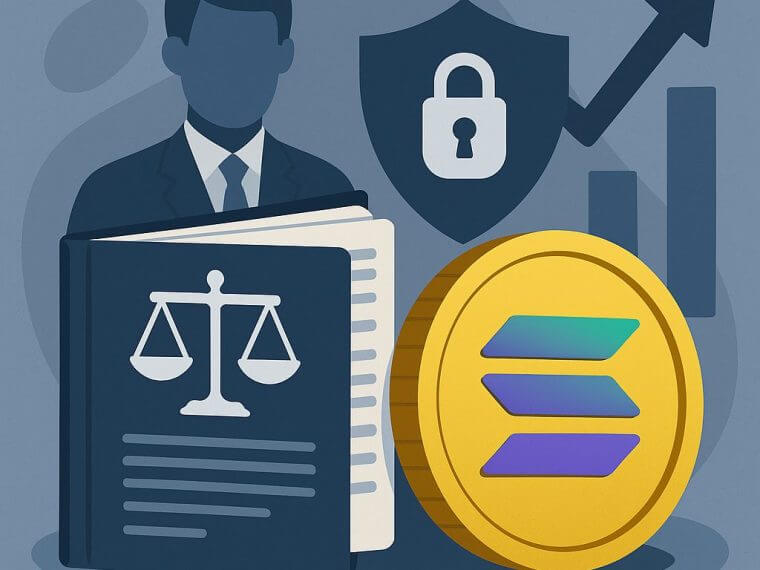Analysis: The whale who sold over $4.23 billion in BTC for ETH is suspected to be Garrett Jin, a former executive of an exchange.
PANews reported on October 12th that, according to market sources, on-chain analyst Eye revealed on the X platform that a HyperLiquid whale, who holds over 100,000 BTC and sold over $4.23 billion worth of BTC for ETH, may be linked to Garrett Jin, a former exchange executive. Between August and September, he used a series of BTC wallets through Hyperliquid/Hyperunit to sell over 35,000 BTC in exchange for ETH. The address used to deploy his ETH-staking contract received funding from a wallet whose initial funding came from "ereignis.eth." A second ENS domain associated with the address, "garrettjin.eth," points to X user Garrett Jin. Currently, Garrett Jin holds 46,295 BTC (currently worth $5.19 billion) in these addresses.
Regarding this analysis, CZ retweeted: "I'm not sure if it's true or accurate yet, I hope someone can verify it."
You May Also Like

Can Crypto Replace the Dollar?

FCA komt in 2026 met aangepaste cryptoregels voor Britse markt

